
Areguá - The Serene Lakeside Gem of Paraguay
Nestled on the shores of Lake Ypacaraí, Areguá is a picturesque town in Paraguay that effortlessly combines natural beauty, colonial charm, and cultural richness. Known for its stunning landscapes and vibrant arts scene, Areguá offers a serene escape from the hustle and bustle of city life. The town's cobblestone streets and historic architecture create an inviting atmosphere, perfect for leisurely strolls and immersive exploration. Areguá is renowned for its artisanal crafts, particularly its exquisite pottery and ceramics. Visitors can explore numerous artisanal shops and workshops, where they can witness local artisans at work and purchase unique handmade souvenirs. The town also hosts an annual strawberry festival, celebrating its famed strawberry farms with delicious treats and lively festivities. Nature enthusiasts will find plenty to enjoy in Areguá's lush surroundings. Lake Ypacaraí offers opportunities for boating, fishing, and picnicking along its scenic shores. The nearby hills and forests provide excellent hiking trails with panoramic views of the lake and the town below. Whether you're an art lover, a nature seeker, or simply looking for a tranquil retreat, Areguá promises an unforgettable experience.
Local tips in Aregua
- Visit the Areguá Pottery Museum to learn about the town's rich ceramic traditions.
- Try the local strawberries during the strawberry season, typically from July to September.
- Take a boat ride on Lake Ypacaraí for a unique perspective of Areguá and its surroundings.
- Explore the hills for hiking and enjoy breathtaking views of the town and lake.
- Check out the local markets for handcrafted souvenirs and fresh produce.
Areguá - The Serene Lakeside Gem of Paraguay
Nestled on the shores of Lake Ypacaraí, Areguá is a picturesque town in Paraguay that effortlessly combines natural beauty, colonial charm, and cultural richness. Known for its stunning landscapes and vibrant arts scene, Areguá offers a serene escape from the hustle and bustle of city life. The town's cobblestone streets and historic architecture create an inviting atmosphere, perfect for leisurely strolls and immersive exploration. Areguá is renowned for its artisanal crafts, particularly its exquisite pottery and ceramics. Visitors can explore numerous artisanal shops and workshops, where they can witness local artisans at work and purchase unique handmade souvenirs. The town also hosts an annual strawberry festival, celebrating its famed strawberry farms with delicious treats and lively festivities. Nature enthusiasts will find plenty to enjoy in Areguá's lush surroundings. Lake Ypacaraí offers opportunities for boating, fishing, and picnicking along its scenic shores. The nearby hills and forests provide excellent hiking trails with panoramic views of the lake and the town below. Whether you're an art lover, a nature seeker, or simply looking for a tranquil retreat, Areguá promises an unforgettable experience.
When is the best time to go to Aregua?
Iconic landmarks you can’t miss
Playa De Aregua
Discover the tranquil beauty of Playa De Aregua, a picturesque park in Paraguay perfect for relaxation, picnics, and stunning lake views.
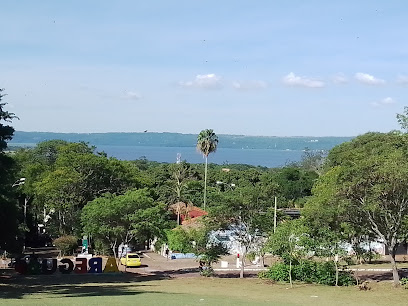
Playa Municipal
Explore the lush landscapes and vibrant culture of Playa Municipal, a must-visit park in Areguá for nature lovers and cultural enthusiasts.
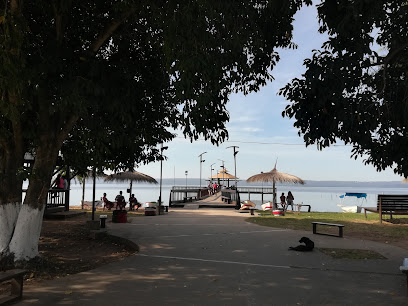
Cerro Kõi
Discover the breathtaking landscapes and serene atmosphere of Cerro Kôi, a must-visit park in Areguá, Paraguay.
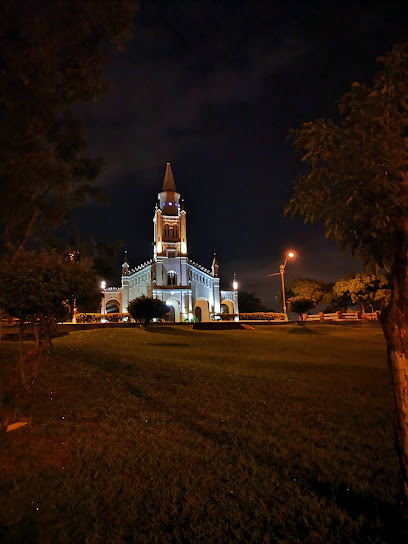
Escalinata De Aregua
Explore the breathtaking Escalinata De Areguá, a stunning staircase with panoramic views, vibrant mosaics, and a rich cultural experience in Paraguay.
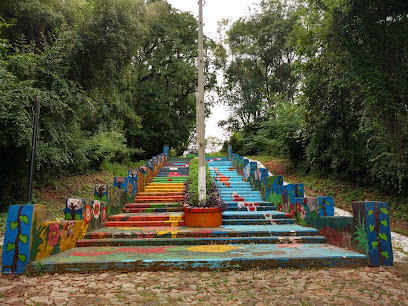
Centro Cultural del Lago, Areguá
Experience the vibrant culture of Paraguay at Centro Cultural del Lago in Areguá, where art meets nature in a stunning lakeside setting.
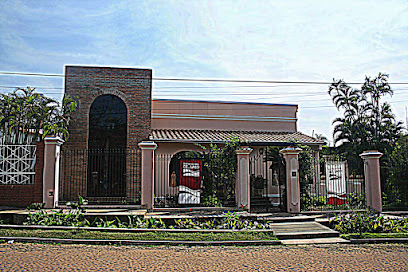
Mirador Ita'o Areguá
Discover breathtaking views and serene landscapes at Mirador Ita'o, a must-visit scenic overlook in Areguá, Paraguay.
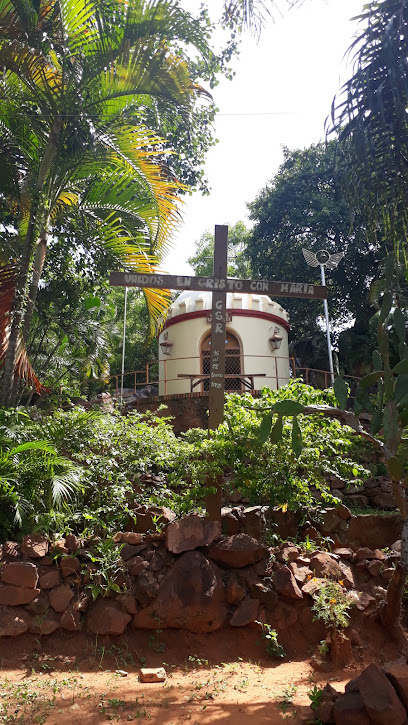
Cerro Chororî, Areguá
Explore the breathtaking Cerro Chororí in Areguá, Paraguay, where nature meets adventure and stunning views await at every turn.
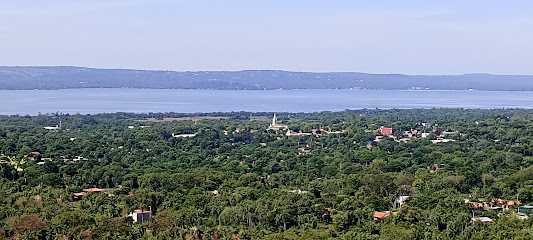
Ferrocaril de Areguá
Explore the heart of Paraguay's railway history at Ferrocaril de Areguá, a captivating museum filled with vintage trains and rich cultural exhibits.
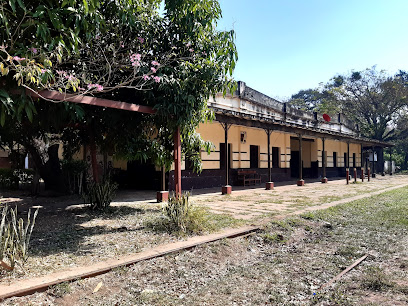
Plaza Areguá
Explore Plaza Areguá: A vibrant historical landmark in Areguá, Paraguay, rich in culture, local markets, and stunning colonial architecture.
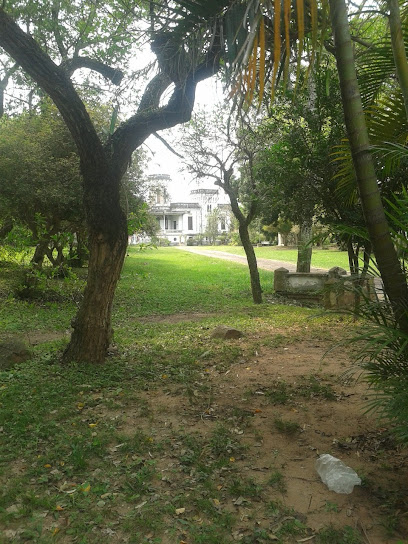
Mirador Cerro Kôi, Areguá
Experience unparalleled views and natural beauty at Mirador Cerro Kôi in Areguá, Paraguay, a must-visit destination for every traveler.
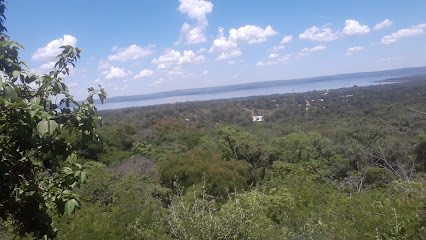
Aregua, Corporeo
Explore Areguá, a picturesque town in Paraguay, known for its stunning lakeside views, vibrant culture, and rich artisanal traditions.
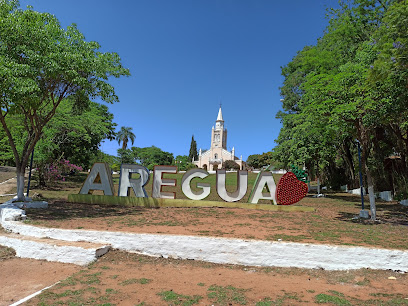
Pesebre Gigante, Areguá
Experience the splendor of Pesebre Gigante in Areguá, a stunning nativity scene capturing the heart of Paraguayan culture and artistry.
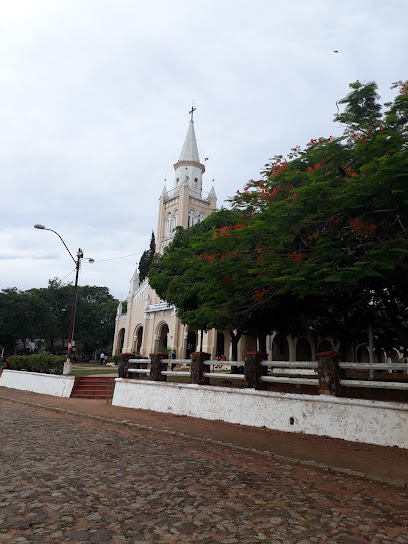
Cueva, Monumento Cerro Kõi Y Chororî
Explore the stunning Cueva, Monumento Cerro Köi Y Chororí in Areguá, a unique tourist attraction blending nature, adventure, and cultural history.
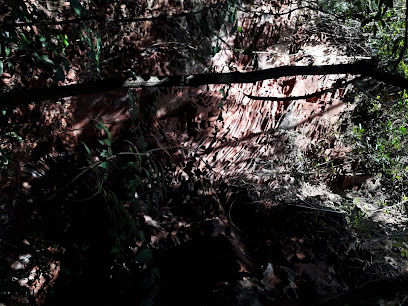
Puente de Ferrocarril Areguá
Explore the Puente de Ferrocarril Areguá, an architectural gem in Paraguay that offers captivating views and a glimpse into the country's rich history.
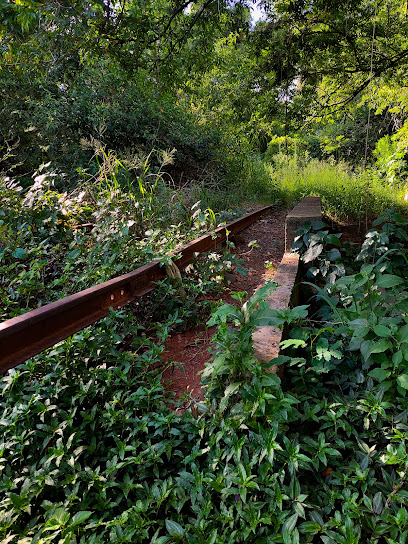
Monumento De Lectura
Discover the Monumento De Lectura in Areguá, a captivating historical landmark celebrating the beauty of literature and its cultural significance.
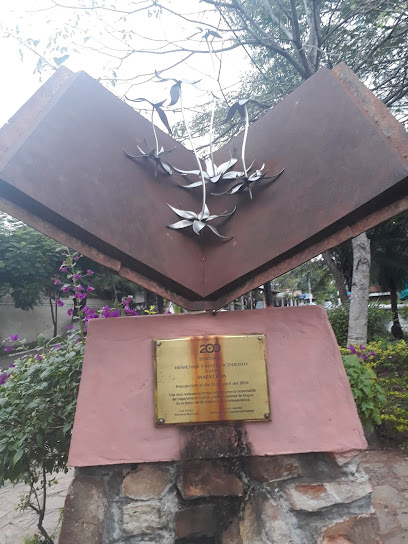
Unmissable attractions to see
Costanera de Asunción
Discover the beauty of Costanera de Asunción, a riverside park filled with lush greenery, scenic views, and vibrant local culture in the heart of Paraguay.
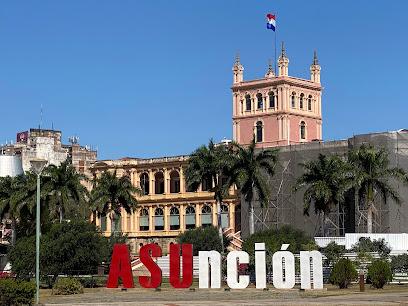
Botanical Garden of Asunción
Discover the Botanical Garden of Asunción: a tranquil paradise of native flora and exotic plants in the heart of Paraguay's capital.
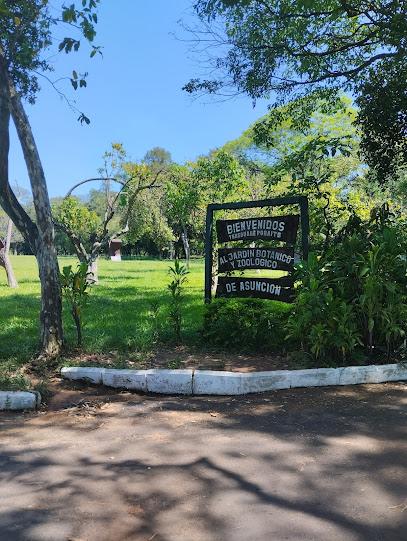
Centro Cultural Manzana de la Rivera
Explore the vibrant culture and rich history of Paraguay at Centro Cultural Manzana de la Rivera, a must-see attraction in Asunción.
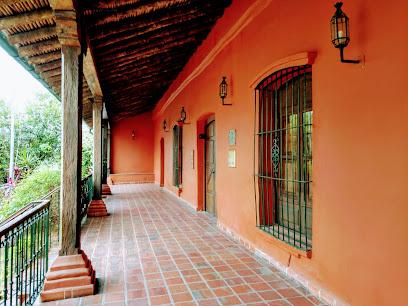
National Pantheon of Heroes
Discover the National Pantheon of Heroes in Asunción, Paraguay, a stunning monument honoring the nation's bravest figures and rich heritage.
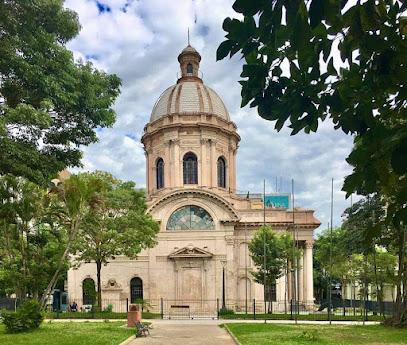
Playa Municipal
Explore Playa Municipal, a serene park in Areguá, Paraguay, where nature meets culture, offering stunning views and a peaceful retreat.
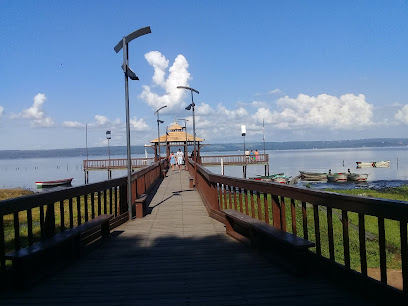
Independence House Museum
Explore the Independence House Museum in Presidente de Franco, a historical landmark that narrates Paraguay's captivating journey to independence through engaging exhibits and artifacts.
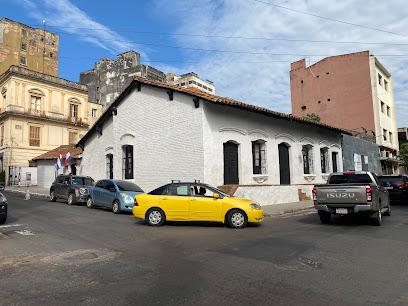
Catedral Metropolitana de Nuestra Señora de la Asunción
Discover the enchanting beauty and rich history of the Catedral Metropolitana de Nuestra Señora de la Asunción in Asunción, Paraguay's iconic religious landmark.
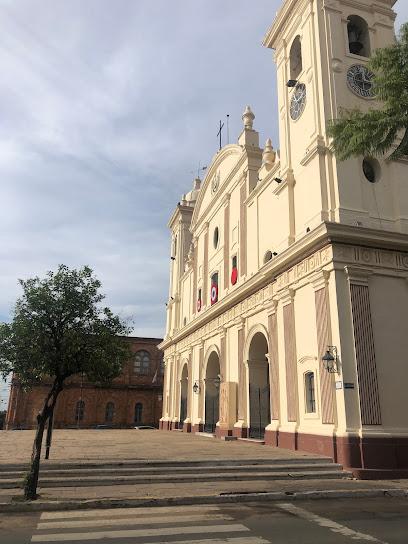
Museo del Barro
Explore the rich heritage of Paraguay through art at Museo del Barro in Asunción, featuring a vast collection of traditional and contemporary works.
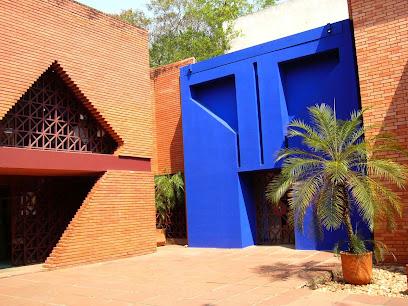
Cultural Center of the Republic
Explore the Cultural Center of the Republic in Asunción, a vibrant hub celebrating Paraguay's artistic heritage and contemporary creativity.
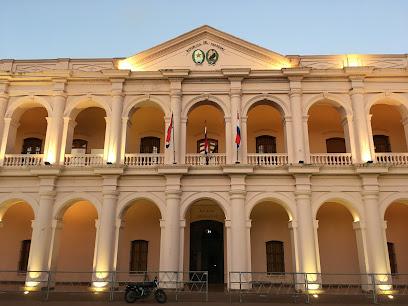
Palacio de López
Explore Palacio de López in Asunción - a stunning presidential palace and historic site showcasing Paraguay's rich culture and architectural beauty.
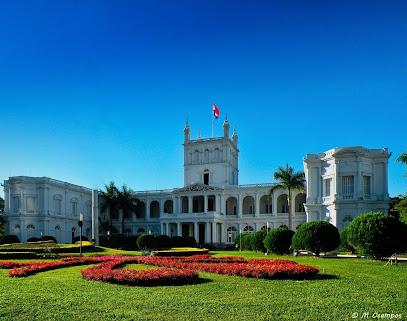
Museo Nacional de Bellas Artes de Asunción
Explore the vibrant artistic heritage of Paraguay at Museo Nacional de Bellas Artes in Asunción, where culture and creativity come alive.
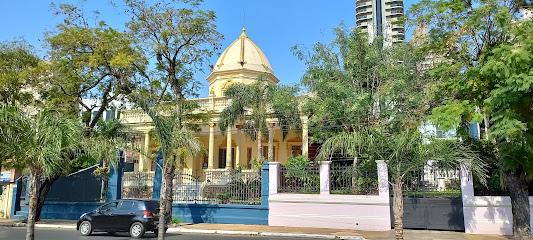
Escalinata De Aregua
Explore the breathtaking Escalinata De Areguá, a stunning staircase offering picturesque views and a serene escape in the heart of Paraguay.
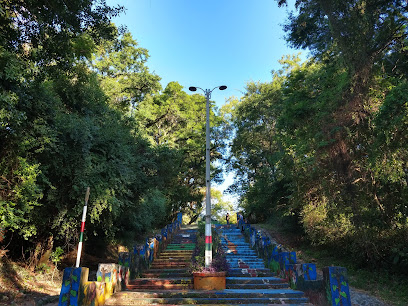
Centro Cultural del Lago, Areguá
Explore the vibrant Centro Cultural del Lago in Areguá, a cultural center that showcases art, history, and the beauty of Lake Ypacaraí.
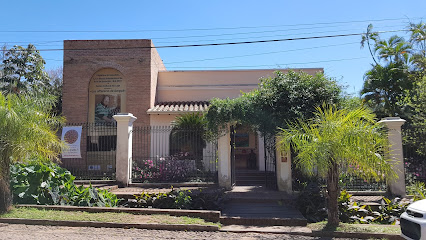
Andrés Barbero Ethnographic Museum
Discover Paraguay's rich cultural heritage at the Andrés Barbero Ethnographic Museum, showcasing fascinating artifacts and traditions.
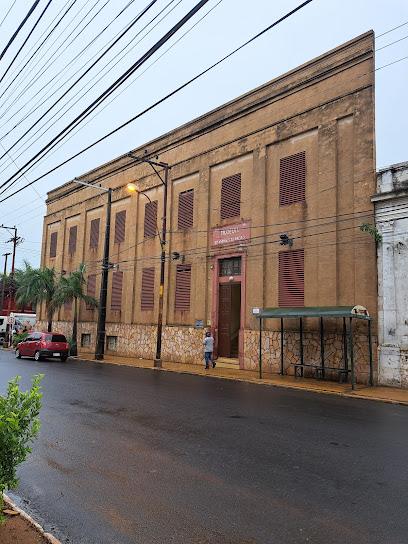
Mirador Ita'o Areguá
Discover the stunning views and serene atmosphere at Mirador Ita'o Areguá, a breathtaking tourist attraction in Paraguay perfect for nature lovers.
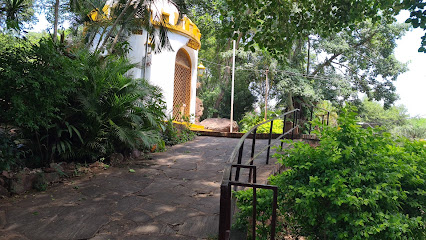
Essential places to dine
Restaurante Don Pablo, Areguá
Discover authentic Paraguayan flavors at Restaurante Don Pablo in Areguá - where delightful cuisine meets warm hospitality.
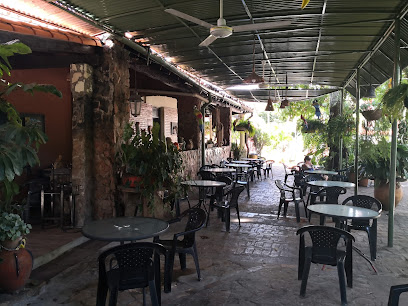
La Escondida - Areguá
Experience fast food with local flair at La Escondida in Areguá - where delicious meals meet vibrant atmosphere.
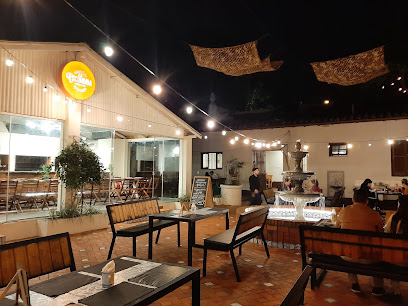
La Terracita, Areguá
Experience authentic Paraguayan flavors at La Terracita in Areguá - where every meal tells a story.
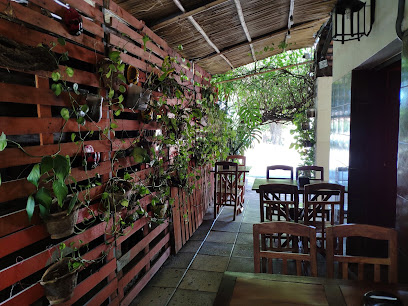
La Casa de La Pizza, Areguá
Experience the best of Paraguayan cuisine at La Casa de La Pizza in Areguá - where every slice tells a story.
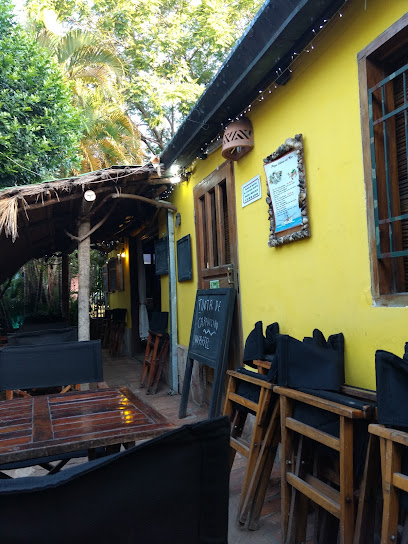
Ariguá
Experience authentic Paraguayan cuisine at Ariguá in Areguá – where every dish tells a story.
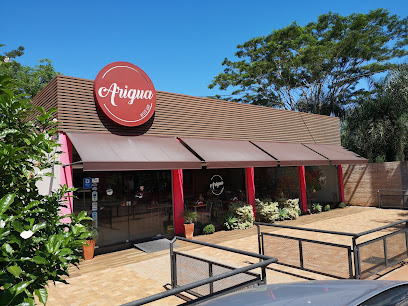
Patrimonio Resto Bar
Experience authentic Paraguayan cuisine in Areguá at Patrimonio Resto Bar – where local flavors meet vibrant atmosphere.
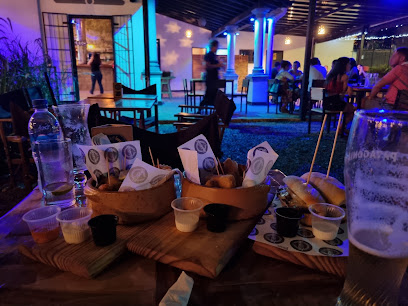
Il Panino Resto Bar
Experience the best fast food in Areguá at Il Panino Resto Bar, where local flavors meet quick service in a vibrant setting.
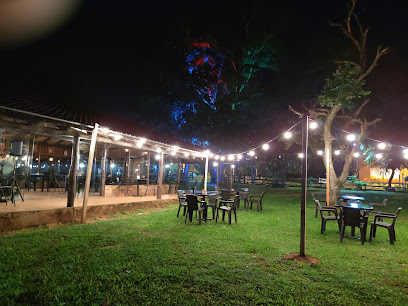
LOMITOS E & E
Discover authentic Paraguayan cuisine at LOMITOS E & E, where every dish tells a story of flavor and tradition.
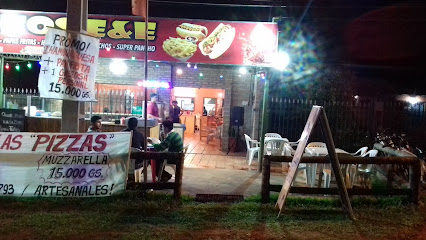
Casa Manolo, Areguá
Experience authentic Paraguayan cuisine at Casa Manolo in Areguá - where tradition meets flavor in every bite.
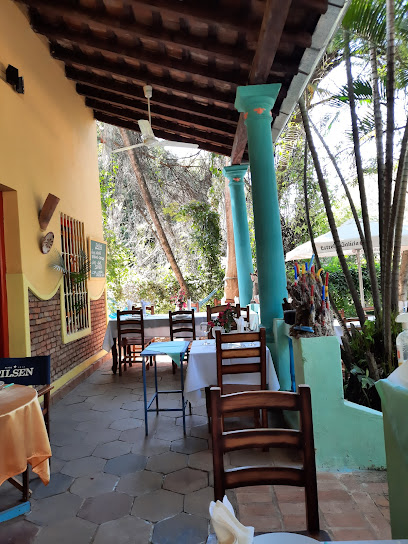
Rancho De Areguá Grill
Experience authentic Paraguayan cuisine at Rancho De Areguá Grill in charming Areguá, perfect for food lovers seeking local flavors.
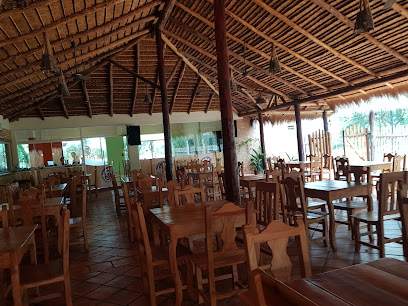
Ruta Del Lago, Areguá
Discover exquisite local cuisine at Ruta Del Lago in Areguá – where stunning lakeside views meet culinary excellence.
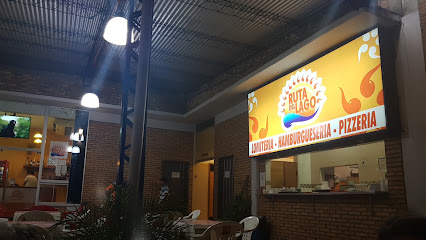
Math Gio Burger
Experience gourmet burgers like never before at Math Gio Burger in Areguá - where local flavors meet classic American comfort food.
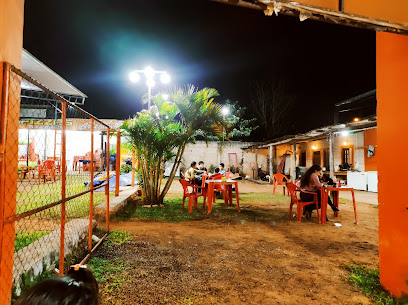
Lomabar
Discover Lomabar in Areguá: where gourmet burgers meet vibrant atmosphere in a delightful culinary experience.
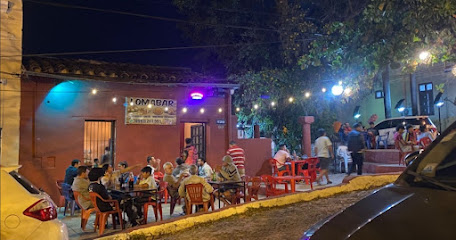
Parrillada Don Lolo
Experience the authentic taste of Paraguay at Parrillada Don Lolo, where delicious grilled meats meet warm hospitality in Areguá.
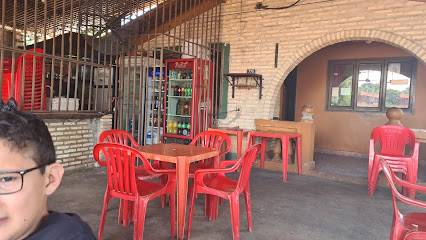
Juanca Resto Bar
Discover Juanca Resto Bar in Areguá for an authentic taste of Paraguayan cuisine amidst a lively atmosphere.
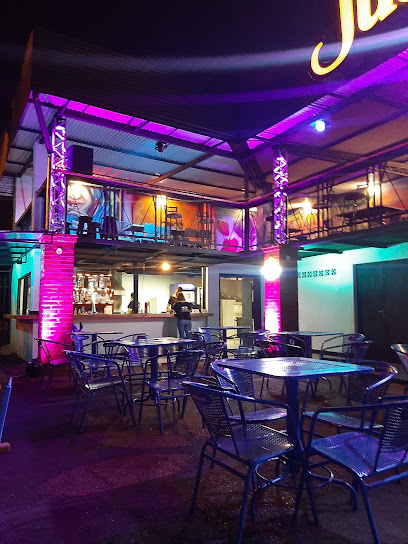
Markets, malls and hidden boutiques
Comercial El Cacique
Discover the vibrant shopping experience at Comercial El Cacique, a must-visit mall in Areguá offering local products and a unique atmosphere.
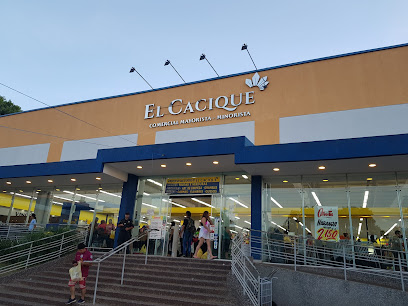
Abigail personalizados
Explore unique, custom home goods at Abigail Personalizados in Areguá, where local craftsmanship meets personal style.
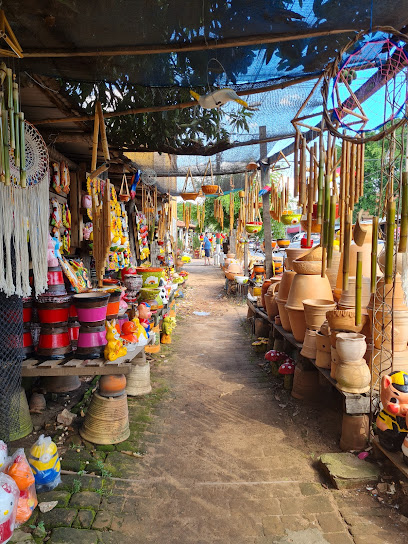
Peluqueria Iso
Discover unique fashion at Peluqueria Iso in Areguá, where local culture meets trendy styles for an unforgettable shopping experience.
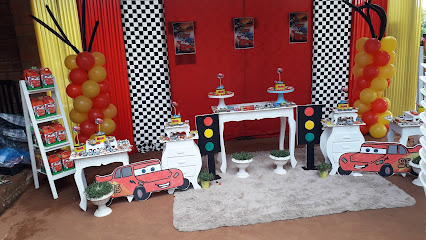
Nuestra Casa Areguá
Explore unique Paraguayan craftsmanship at Nuestra Casa Areguá, your go-to home goods store in the heart of Areguá.
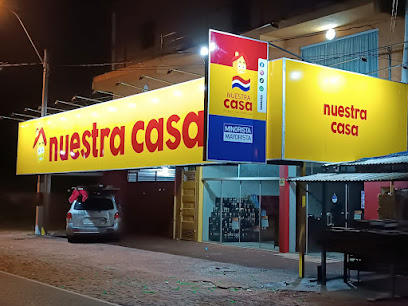
S & T C. Comercial
Explore S & T C. Comercial in Areguá for unique home goods that reflect the rich culture and craftsmanship of Paraguay.
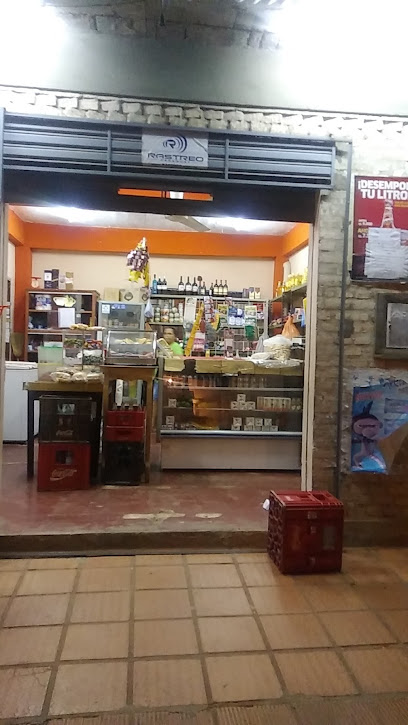
Fer Novedades
Explore Fer Novedades in Areguá - a charming bookstore where literature comes alive, offering a cozy atmosphere and diverse selections.

Sovami Tienda
Explore the vibrant culture of Paraguay at Sovami Tienda in Areguá, where unique local crafts meet a friendly shopping experience.
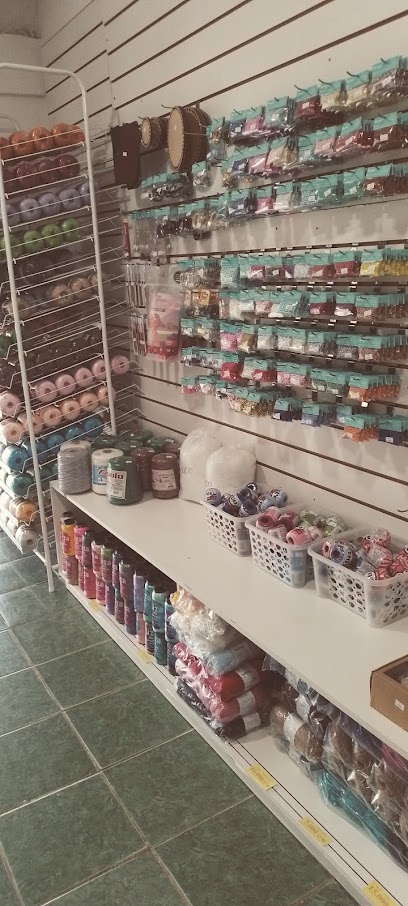
La casa de los Atrapasueños
Discover the charm of Paraguayan craftsmanship at La Casa de los Atrapasueños, a vibrant shopping mall in Areguá featuring unique artisanal goods.
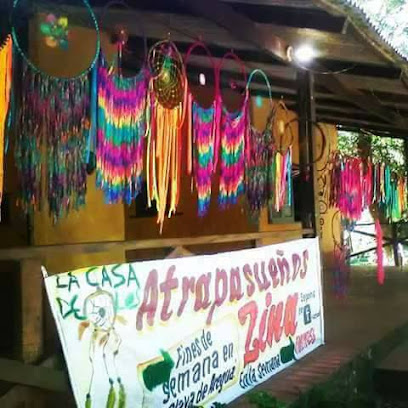
Betti Reyes Accesorios y Complementos
Discover unique fashion accessories at Betti Reyes Accesorios y Complementos in Areguá, a boutique that showcases local craftsmanship and style.
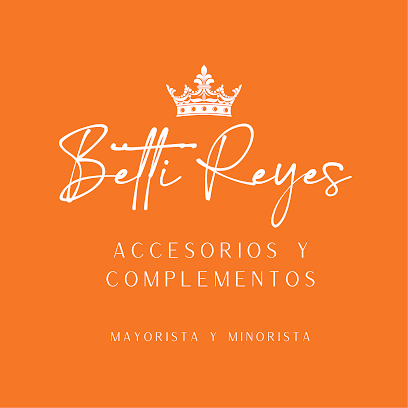
Exclusive Shop
Explore Areguá's Exclusive Shop for the best in car accessories, where quality meets exceptional service in a charming setting.
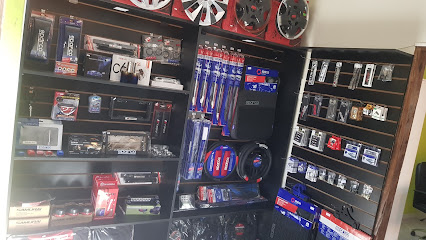
LF
Discover Areguá's local store, a vibrant hub for unique crafts and flavors, showcasing the heart of Paraguayan culture.
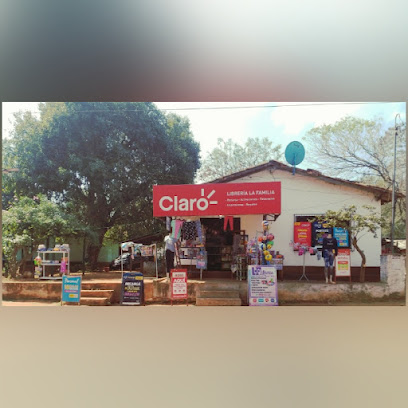
Comercial Leyla
Explore Comercial Leyla in Areguá, a shopping haven with local and international brands, delicious dining, and vibrant entertainment options.
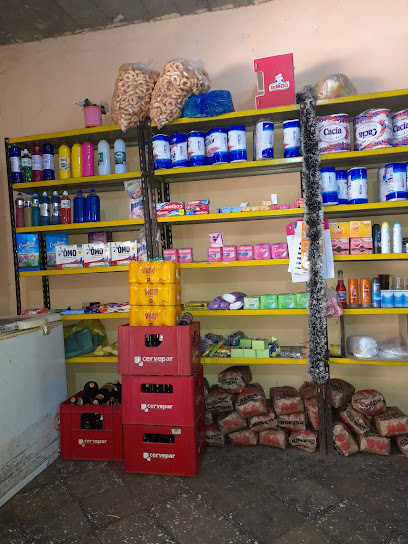
Comercial Santi
Explore the vibrant culture of Paraguay at Comercial Santi, a unique store in Areguá offering artisanal crafts and local goods.
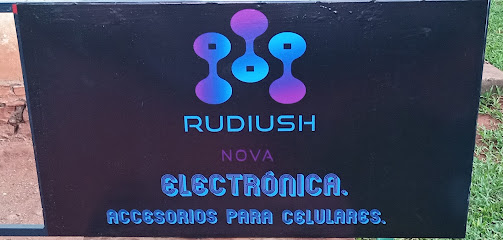
Mica_boutique
Discover unique fashion at Mica Boutique in Areguá, where local culture meets contemporary style in a charming shopping experience.

Alfarería A&A
Explore the vibrant world of traditional Paraguayan pottery at Alfarería A&A, a treasure trove of handmade crafts in Areguá.
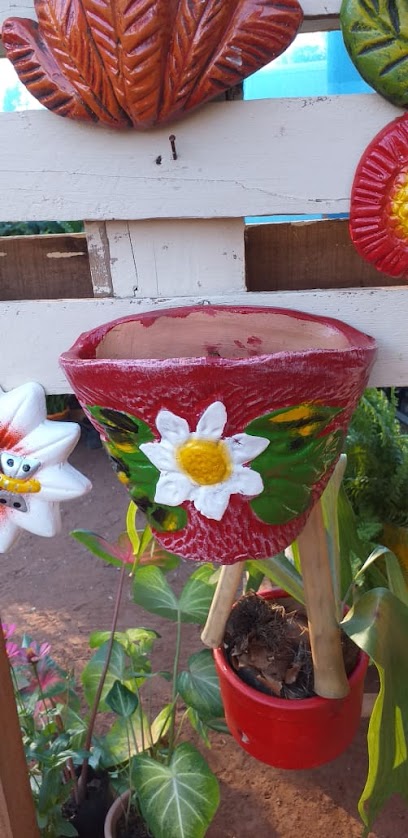
Essential bars & hidden hideouts
La Terracita, Areguá
Discover authentic Paraguayan grilling at La Terracita in Areguá, where every dish tells a story of local flavor and tradition.
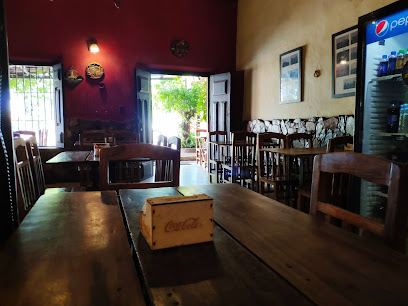
Ámsterdam Resto - Bar
Discover the lively spirit of Areguá at Ámsterdam Resto - Bar, where local flavors meet a vibrant nightlife atmosphere.
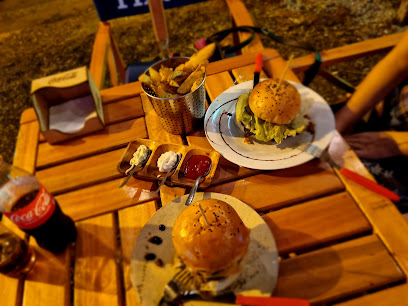
rock n roll bar aregua
Experience the vibrant nightlife at Rock N Roll Bar in Areguá, where live music and great drinks create an unforgettable atmosphere.
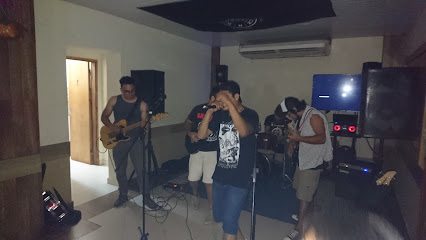
La casa Casaccia
Discover the vibrant atmosphere of La Casa Casaccia, a charming bar in Areguá offering delightful local drinks and a welcoming ambiance for all visitors.
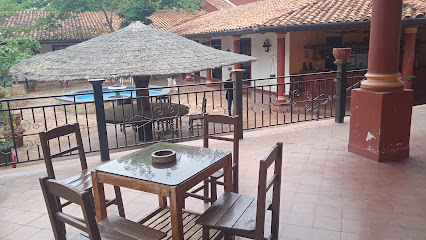
PROMISSE LOUNGE BAR
Discover the vibrant nightlife at Promisse Lounge Bar, a stylish destination for cocktails and relaxation in Areguá, Paraguay.
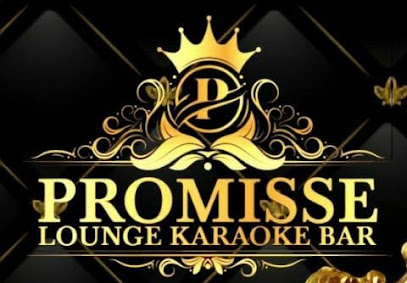
Residenta's Sport Bar
Experience the vibrant nightlife at Residenta's Sport Bar in Areguá, where sports, drinks, and good company come together for an unforgettable evening.
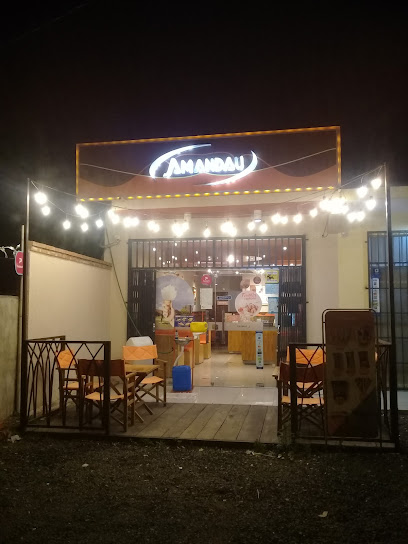
Terrace Bar Aregua
Discover the heartbeat of Areguá's nightlife at Terrace Bar, where drinks, karaoke, and good vibes await you every night.
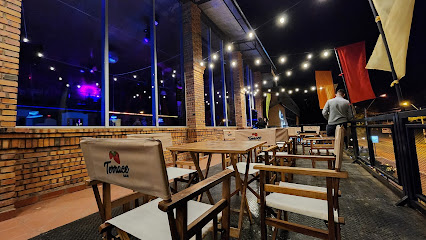
Choperia California
Discover the vibrant atmosphere and rich flavors of Paraguayan drinks at Choperia California in Areguá, a must-visit bar for all travelers.
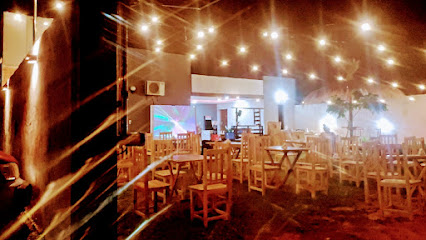
KILAYA Bar Karaoke
Experience the vibrant nightlife at KILAYA Bar Karaoke in Areguá, where music, laughter, and unforgettable memories await.
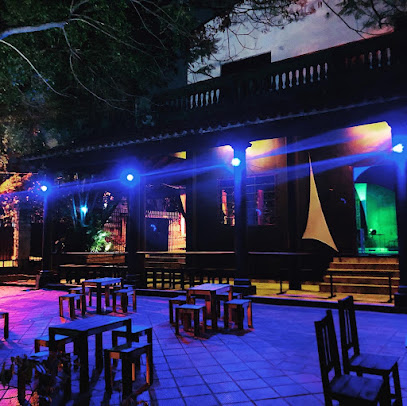
Bodega Aguilera
Discover the vibrant spirit of Areguá at Bodega Aguilera, where local flavors and a lively atmosphere await you.
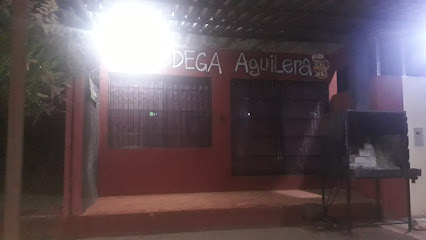
Fast Food & Tragos
Experience the lively atmosphere and delicious offerings at Fast Food & Tragos in Areguá, a perfect spot for relaxation and local flavor.
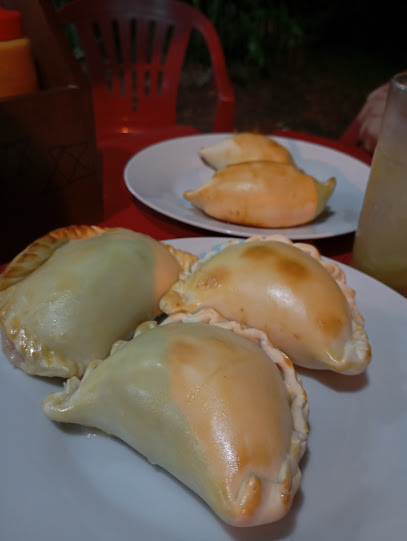
La Criolla Resto Bar
Experience the vibrant atmosphere and local flavors at La Criolla Resto Bar in Areguá, a must-visit destination for tourists.
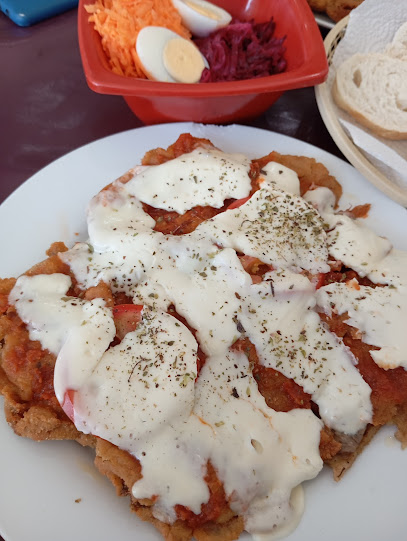
Brayan
Experience the vibrant nightlife at Brayan, a must-visit bar in Areguá offering a lively atmosphere and delicious drinks to enjoy with friends.

Are Drinks
Experience the vibrant nightlife at Are Drinks in Areguá, where refreshing beverages meet local culture in a lively bar atmosphere.

Local Phrases
-
- HelloHola
[Oh-la] - GoodbyeAdiós
[Ah-dee-ohs] - YesSí
[See] - NoNo
[Noh] - Please/You're welcomePor favor/De nada
[Por fah-vohr/Deh nah-dah] - Thank youGracias
[Grah-see-ahs] - Excuse me/SorryPerdón
[Pair-dohn] - How are you?¿Cómo estás?
[Koh-moh ehs-tahs] - Fine. And you?Bien. ¿Y tú?
[Byen. Ee too] - Do you speak English?¿Hablas inglés?
[Ah-blahs een-glehs] - I don't understandNo entiendo
[Noh ehn-tee-ehn-doh]
- HelloHola
-
- I'd like to see the menu, pleaseMe gustaría ver el menú, por favor
[May goo-stah-ree-ah vehr ehl meh-noo, por fah-vohr] - I don't eat meatNo como carne
[Noh koh-moh kahr-neh] - Cheers!¡Salud!
[Sah-lood] - I would like to pay, pleaseMe gustaría pagar, por favor
[May goo-stah-ree-ah pah-gahr, por fah-vohr]
- I'd like to see the menu, pleaseMe gustaría ver el menú, por favor
-
- Help!¡Ayuda!
[Ah-yoo-dah] - Go away!¡Vete!
[Veh-teh] - Call the Police!¡Llama a la policía!
[Yah-mah ah lah po-lee-see-ah] - Call a doctor!¡Llama a un médico!
[Yah-mah ah oon meh-dee-koh] - I'm lostEstoy perdido
[Ehs-toy pair-dee-doh] - I'm illEstoy enfermo
[Ehs-toy ehn-fehr-moh]
- Help!¡Ayuda!
-
- I'd like to buy...Me gustaría comprar...
[May goo-stah-ree-ah kohm-prahr...] - I'm just lookingSolo estoy mirando
[So-loh ehs-toy mee-rahn-doh] - How much is it?¿Cuánto cuesta?
[Kwan-to kwehs-tah] - That's too expensiveEso es muy caro
[Eh-soh ehs moo-ee kah-roh] - Can you lower the price?¿Puedes bajar el precio?
[Pweh-dehs bah-hahr ehl pree-syoh]
- I'd like to buy...Me gustaría comprar...
-
- What time is it?¿Qué hora es?
[Keh oh-rah ehs] - It's one o'clockEs la una
[Ehs lah oo-nah] - Half past (10)Y media (10)
[Ee meh-dee-ah (10)] - MorningMañana
[Mah-nyah-nah] - AfternoonTarde
[Tahr-deh] - EveningNoche
[Noh-cheh] - YesterdayAyer
[Ah-yehr] - TodayHoy
[Oy] - TomorrowMañana
[Mah-nyah-nah] - 1Uno
[Oo-no] - 2Dos
[Dohs] - 3Tres
[Trehss] - 4Cuatro
[Kwah-troh] - 5Cinco
[Seen-koh] - 6Seis
[Sayss] - 7Siete
[Syeh-teh] - 8Ocho
[Oh-choh] - 9Nueve
[Nweh-veh] - 10Diez
[Dyehs]
- What time is it?¿Qué hora es?
-
- Where's a/the...?¿Dónde está...?
[Dohn-deh ehs-tah] - What's the address?¿Cuál es la dirección?
[Kwahl ehs lah dee-rehk-syohn] - Can you show me (on the map)?¿Puedes mostrarme (en el mapa)?
[Pweh-dehs mohs-trahr-meh (ehn ehl mah-pah)] - When's the next (bus)?¿Cuándo es el próximo (autobús)?
[Kwan-doh ehs ehl proh-ksee-moh (ow-toh-boos)] - A ticket (to ....)Un boleto (a ....)
[Oon boh-leh-toh (ah ....)]
- Where's a/the...?¿Dónde está...?
History of Aregua
-
Aregua was founded in 1538 by Spanish settlers. It served as a key location due to its strategic position between Asunción and the interior regions of Paraguay. The town quickly became known for its rich soil and agricultural potential, particularly in the cultivation of fruits and vegetables.
-
During the colonial period, Aregua was heavily influenced by Spanish culture and architecture. This is evident in the well-preserved colonial buildings that still stand today, including the iconic Church of the Assumption, which dates back to the 18th century. The town also became a hub for Jesuit missionaries who sought to convert the indigenous Guarani population to Christianity.
-
In the 19th century, Aregua experienced significant growth due to its proximity to Asunción, the capital city. The town became a favorite retreat for wealthy Paraguayan families who built summer homes along the shores of Lake Ypacaraí. This period also saw the establishment of pottery and craft industries, which remain integral to Aregua's cultural identity today.
-
Aregua played a crucial role during the War of the Triple Alliance (1864-1870), one of the most devastating conflicts in Latin American history. The town served as a supply route and refuge for Paraguayan troops and civilians. Many historical sites in Aregua commemorate this period, including battle monuments and restored military outposts.
-
The 20th century marked a cultural renaissance for Aregua. The town became renowned for its artistic community, particularly in ceramics and crafts. Annual events such as the National Pottery Fair attract thousands of visitors and artisans from across Paraguay. Aregua's vibrant arts scene has earned it recognition as a UNESCO Creative City of Crafts and Folk Art.
-
Today, Aregua is a charming blend of historical heritage and modern culture. The town's cobblestone streets, colonial architecture, and scenic views of Lake Ypacaraí make it a popular destination for tourists. Aregua continues to celebrate its rich history through numerous festivals, museums, and cultural centers, preserving its unique identity for future generations.
Aregua Essentials
-
Aregua is located about 28 kilometers from Asunción, the capital of Paraguay. The most convenient way to get there is by flying into Silvio Pettirossi International Airport in Asunción. From the airport, you can take a taxi or a ride-sharing service directly to Aregua, which typically takes about 45 minutes. Alternatively, you can take a bus from Asunción's main bus terminal (Terminal de Ómnibus de Asunción) to Aregua. The bus ride is affordable and takes around an hour.
-
Aregua is a small city, and many of its attractions are within walking distance. For longer trips within the city or to nearby areas, local buses and taxis are readily available. Renting a car is also an option if you wish to explore the surrounding regions at your own pace. Ride-sharing services like Uber and Bolt operate in the area, providing another convenient mode of transportation.
-
The official currency in Paraguay is the Paraguayan Guarani (PYG). Credit cards are accepted in most hotels, restaurants, and larger shops in Aregua. However, it is advisable to carry cash, especially if you plan to visit smaller establishments or local markets. ATMs are available in the city, but it’s a good idea to withdraw sufficient cash in Asunción before heading to Aregua.
-
Aregua is generally a safe destination for tourists. However, like any travel location, it is important to take standard precautions. Avoid walking alone at night in unfamiliar areas and stay vigilant of your surroundings. Petty theft can occur, particularly in crowded places such as markets. Areas with higher crime rates are typically not tourist hotspots, but it is wise to get local advice on areas to avoid.
-
In case of emergency, dial 911 for immediate assistance. Aregua has local police stations and medical facilities to handle emergencies. It is recommended to have travel insurance that covers medical emergencies. For minor health issues, pharmacies are available where you can purchase over-the-counter medications.
-
Fashion: Do dress modestly, especially when visiting religious sites. Avoid wearing overly revealing clothing. Religion: Do respect local customs and religious practices. Always dress appropriately when visiting churches. Public Transport: Do be courteous and offer your seat to elderly passengers. Don't eat or drink on public transport. Greetings: Do greet people with a friendly 'Hola' or 'Buenos días'. A handshake is common in formal settings. Eating & Drinking: Do try local dishes and accept food offerings graciously. Don’t refuse hospitality, as it is considered impolite.
-
To experience Aregua like a local, visit the local markets where you can find fresh produce, handicrafts, and traditional Paraguayan goods. Engage with locals, as they are friendly and willing to share stories about the city's history and culture. Don't miss the opportunity to explore the Ypacaraí Lake, which is a popular spot for picnics and water activities. Visiting the historic buildings and ceramic workshops will give you a deeper understanding of Aregua’s rich cultural heritage.
Trending Landmark in Aregua
-
Playa De Aregua
-
Playa Municipal
-
Cerro Kõi
-
Escalinata De Aregua
-
Centro Cultural del Lago, Areguá
-
Mirador Ita'o Areguá
-
Cerro Chororî, Areguá
-
Ferrocaril de Areguá
-
Plaza Areguá
-
Mirador Cerro Kôi, Areguá
-
Aregua, Corporeo
-
Pesebre Gigante, Areguá
-
Cueva, Monumento Cerro Kõi Y Chororî
-
Puente de Ferrocarril Areguá
-
Monumento De Lectura
Nearby Cities to Aregua
-
Things To Do in San Bernardino
-
Things To Do in Ypacarai
-
Things To Do in Asuncion
-
Things To Do in Villarrica
-
Things To Do in Carmen del Parana
-
Things To Do in Encarnacion
-
Things To Do in Hernandarias
-
Things To Do in Foz do Iguaçu
-
Things To Do in Puerto Iguazú
-
Things To Do in Tacuarembó
-
Things To Do in San Miguel de Tucumán
-
Things To Do in Salta
-
Things To Do in Tarija
-
Things To Do in Fray Bentos
-
Things To Do in Rosario









